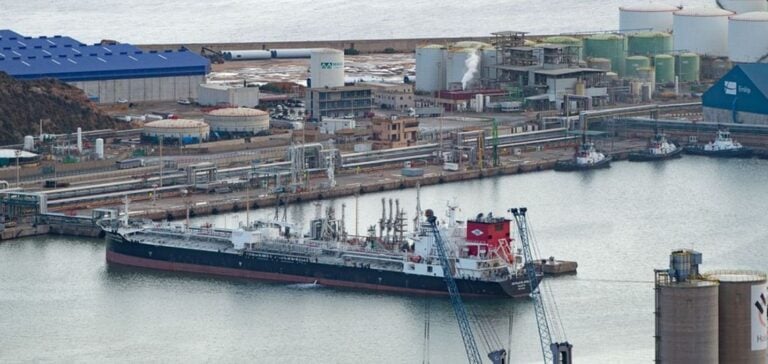By 2023, volumes of liquefied natural gas (LNG) exported from Russia to Europe have fallen by 10%, representing 11.5% of European LNG imports, compared with 12.8% in 2022. These data, taken from a report by the International Group of Liquefied Gas Importers (GIIGNL), testify to the significant changes in the European energy market since Russia’s invasion of Ukraine.
Europe, seeking to diversify its gas supply sources, has turned to LNG to compensate for the reduction in Russian gas imports via onshore pipelines. The European Union is now considering targeting Russian LNG as part of a new sanctions package, banning its transshipment via the EU to third countries.
The United States, the world’s leading supplier of LNG
By 2023, the USA has become the world’s leading LNG exporter, with a market share of 21% and a total volume of 84.5 million tonnes, up 12% on 2022. TotalEnergies has also stepped up its investment in LNG in the USA. Russia is now the world’s 4th largest exporter, behind Qatar and Australia.
The United States will also remain France’s leading LNG supplier in 2023, with a market share of 46%, followed by Russia (16%) and Algeria (15%). The latter has seen its share increase from 12% to 15% by 2022.
A moderately growing global market
Globally, the LNG market grew by a modest 2.1% in 2023, reaching 401 million tonnes. This growth, mainly driven by Asia and in particular China, which will become the world’s leading importer of LNG in 2023, marks a slowdown compared to the 5.6% expansion recorded in 2022.
According to the GIIGNL report, this more moderate growth signals a phase of market stabilization, following a period of high volatility linked to the 2022 energy crisis. Industry players will have to adapt to this new context, by diversifying their sources of supply and investing in more flexible and resilient infrastructures.
The European LNG market is undergoing a profound transformation, marked by reduced dependence on Russian gas and diversification of supply sources. Against this backdrop, the United States is asserting itself as a major player, while the global market is entering a phase of more moderate growth and stabilization.






















